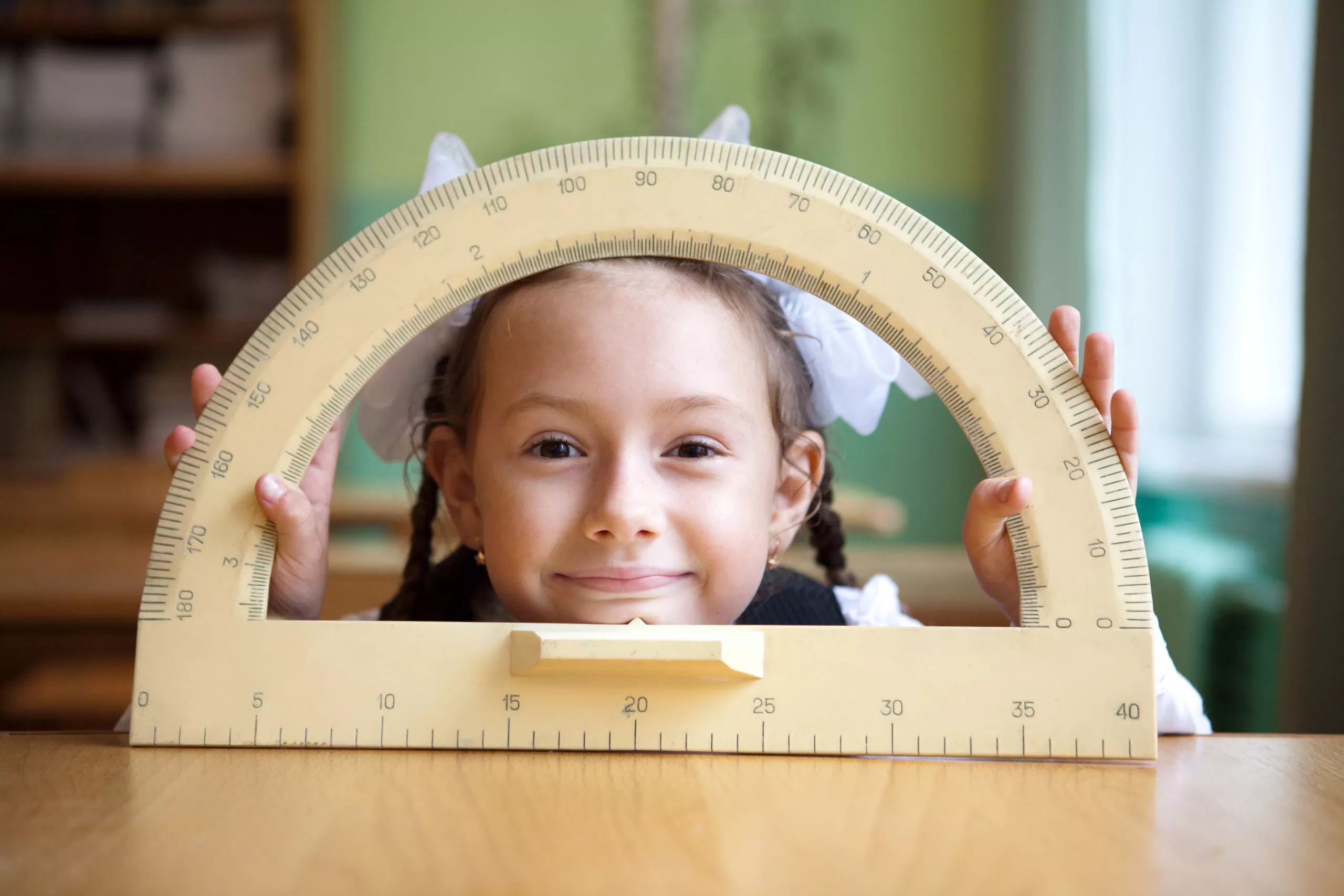
Children who develop myopia may continue to have their vision worsen over time. Earlier myopia onset can lead to a faster rate of progression and a greater final degree of myopia.1 By 2050, 10% of the world’s population is projected to be classified as high myopes (myopia generally defined as <-6.0 Diopters) [WHO report].2 The high prevalence of childhood onset myopia contributes to the condition being normalized or seen as typical in child development. The long-term risks associated with myopia progression are important to understand. In order to preserve your patients’ ocular health, you should discuss the long-term risk of myopia with patients, their parents and caregivers, as appropriate. Below are some of the important long-term risks of myopia.
Glaucoma
Today, glaucoma is one of the leading causes of irreversible blindness worldwide.3 4 This increase in prevalence of glaucoma has led to significant economic and societal burdens. Overall healthcare costs for patients diagnosed with glaucoma are increasing and in 2013 has reached $5.8 billion annually in the US.5
There is a clear correlation between patients being diagnosed with myopia and the development of glaucoma.6 Patients who have mild to moderate myopia are twice as likely to develop glaucoma.7 The risk is greater in high myopes who are 3 times more likely to be diagnosed with open-angle glaucoma.8 This occurs because myopia causes structural changes to the eye such as an increase in the retinal nerve fiber layers. This leads to thickening of the macula which can facilitate the onset of glaucoma.9
More information on myopia and glaucoma:
- Myopia Institute: How Myopia Affects Your Risk of Having Glaucoma
- US National Library of Medicine National Institutes of Health: High myopia as a risk factor in primary open angle glaucoma
Cataracts
While the exact cause of why highly myopic patients are at a greater risk for developing cataracts is still being investigated, researchers suggest that the increasing axial eyeball length in myopic eyes may prevent nutrient delivery to the back side of the lenses. As a result, they lose their clarity and begin forming cataracts.10 Cataract surgery also becomes more complicated with high myopia, potentially resulting in unreliable and sometimes unsuccessful surgery procedures.11
More information on cataracts and myopia:
- Myopia Institute: The Link Between Myopia and Cataracts
- US National Library of Medicine National Institutes of Health: Cataract surgery in the setting of severe pathologic myopia with high axial length
Retinal detachment
In highly myopic people, retinal thinning can occur with age causing tears and holes which can lead to retinal detachment.12 A study published in the American Journal of Epidemiology found that myopia is a clearly relevant factor for retinal detachment.13 The study showed that an eye with mild myopia (refractive error of −1 to −3 diopter) was 4x more likely to experience retinal detachment compared with a non-myopic eye. With moderate to high myopia (greater than -3 diopters), the risk increased 10x.14
More information on retinal detachment and myopia:
- Stanford Health Care: High Myopia Causes
- American Journal of Epidemiology: Risk Factors for Idiopathic Rhegmatogenous Retinal Detachment
Macular degeneration
As a patient’s eye grows more myopic, cells in the center of the retina can become affected causing a blind spot in the center of the eye.15 The thinning of the back of the eye can also cause cracks in the deeper layers under the retina leading to further atrophy or bleeding in the center of the macula.16
More information on macular degeneration and myopia:
- BrightFocus Foundation: Myopic Macular Degeneration
- Macular Society: Myopia, Pathological Myopia and Myopic macular degeneration
Refractive surgeries
High myopia reduces the possibility of being a candidate for refractive surgeries such as LASIK® and increases the risk for complications from these treatments, causing unpredictable results. Because high myopia has risks of glaucoma and retinal detachment, many surgeons will not perform corrective surgery, such as LASIK®, on highly myopic patients as the possible benefits from the surgery may not justify the risks.17
More information on refractive surgeries and myopia:
Blindness
According to estimates by the World Health Organization Global Burden of Disease program, uncorrected distance refractive error is the second largest cause of blindness and the leading cause of moderate and severe vision impairment.18 Degenerative myopia causes progressive stretching and gradual damage of the retina, choroid, vitreous, sclera, and optic nerve.19 Myopic degeneration is often diagnosed during childhood before the teenage years, and may become worse in adulthood.20
More information on blindness and myopia:
Myopia is often seen only as a refractive condition that is not taken seriously. Because of the many risks that are associated with high myopia highlighted above, it’s important to take step to control its progression as early as possible. If left to progress without proper action and attention, myopia can lead to serious vision-related conditions later in life.
Downloadable Chart: Relative Risk of Ocular Disease Secondary to Myopia
To keep up to date on the latest in myopia management, subscribe below.
Tags: myopia, high myopia, degenerative myopia, glaucoma, cataracts, retinal detachment, macular degeneration, refractive surgeries, blindness
